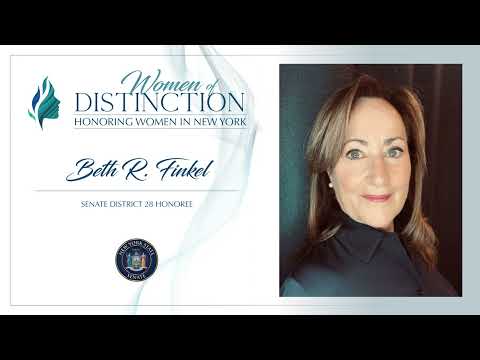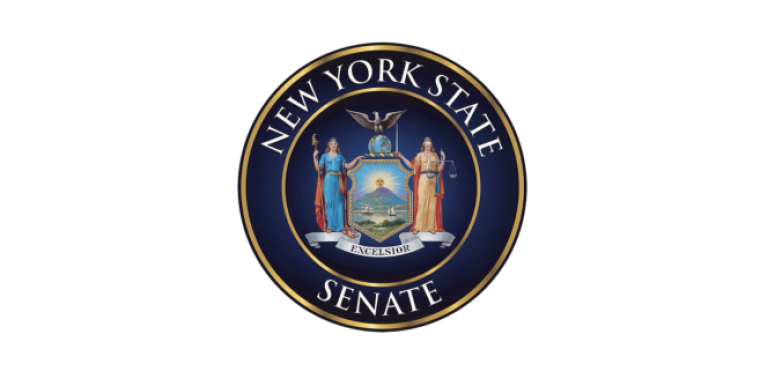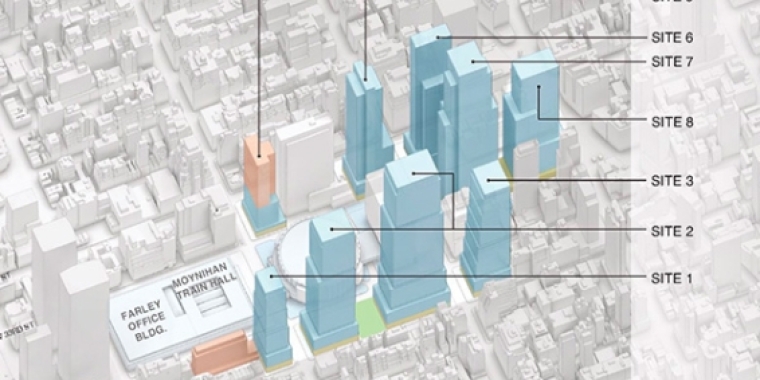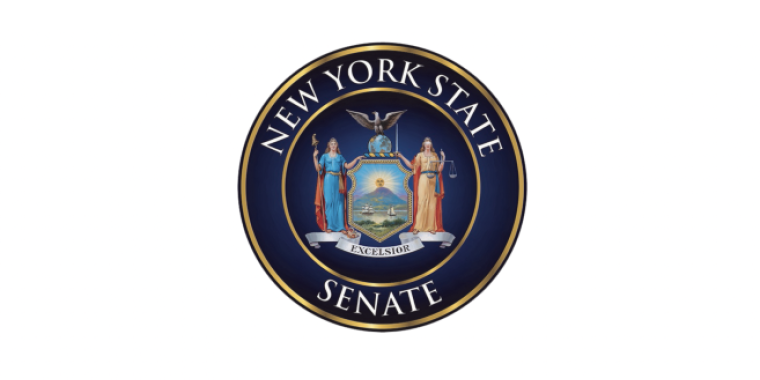
Senator Liz Krueger Opposes Property Tax Cap for Communities Outside New York City "A Bad Policy for All Our Children"
Liz Krueger
August 7, 2008
Albany— The New York State Senate reconvened today to vote on a property tax cap bill (S.8736). The bill would put a 4% annual cap on the amount local governments (excluding New York's 5 big cities) can increase property taxes to pay for schools. Although the bill passed, State Senator Liz Krueger was joined by 19 of her colleagues in voting against the bill.
"This property tax cap bill fails on a number of levels," stated Senator Krueger. "I understand the pressure to address property tax relief, but the reality is that this bill will only serve to negatively impact New York's school systems, while providing little to no tax relief for those who need it most. There are endless tax policy issues I believe the State Legislature and Governor should stay here in Albany to address. Ironically, property tax policy is the ONE major tax that counties and municipalities have the power to increase or decrease WITHOUT State approval. This is the last tax issue Albany should be involved with, since each individual district already has the power to make their own decisions. Passing this bill only serves to limit local governments ability to prioritize and regulate themselves."
A straight property tax cap simply creates a new problem for localities because school funding will be capped without capping school budgets, with no relationship to school costs rising or the growth rate of children attending any particular school system. Similar caps have had this affect in many states, including California and Massachusetts. In California, school systems were forced to eliminate classrooms, and layoff teachers after they imposed a tax cap. Faced with similar choices, Massachusetts towns cut other public services (police, fire, infrastructure) while pushing for significantly increased state aid to account for the new local school budget shortfalls created by the cap.
Increased dependence on New York State education aid by districts impacted by the property tax cap would also create a major problem for schools in the "Big 5 Cities" (New York City, Rochester, Buffalo, Yonkers, and Syracuse) because increased state aid for suburban schools means less state aid for New York City schools. Said Krueger, "After 15 years of lawsuits and fighting for fair education funding formulas through the Campaign for Fiscal Equity case, a straight tax cap could completely undermine these efforts within just a few short years." As local governments increase spending under a tax cap scenario, regional competition for resources will grow and, as is historically the case, wealthier suburban school districts will get more resources while urban and rural schools lose out.
"I have fought hard to achieve fair funding for New York City schools," said Senator Krueger. "And even after winning the Campaign for Fiscal Equity battle, our classrooms are still over-crowded, and our children are still short-changed the education they deserve. It would be tragic to watch us go backwards on school funding because some people think it is simpler to explain a tax cap to voters than to discuss more complex, real solutions to tax inequities."
Perhaps the biggest misconception is that the property tax cap bill will reduce taxes and help those most in need. The truth is that the bill only limits the amount that taxes can be increased, with no recognition of or fairness in distribution of tax rates. So, under a property tax cap, an elderly couple on a fixed income living in their home for 40 years who lives in an identical house next door to a wealthy doctor who bought his house for 10 times the price and has 10 times the income, they would both still pay the same amount of property tax.
"I commend the Governor for having the leadership to address our the State's financial situation head on, but in this instance I must disagree with his methodology," stated Senator Krueger. "There are number of better ways to address the problems of tax inequality and I urge the Governor and Senate Majority to take a look at them."
Some of the alternatives Senator Krueger outlined included:
Instituting a circuit breaker tax. Circuit breakers would tie property taxes to income, by creating an equitable system where the amount one pays for property taxes is based on how much they earn.
Creating a progressive tax system. The current system over-burdens middle class and poor New Yorkers, and would be much fairer if taxes were raised on those who could afford it most.
Fixing the property assessment problems throughout New York State and City. In New York there are thousands of tax assessment districts, which often differ from one block to the next. Creating a fair assessment system for all New York would create a much more equitable tax system. NYC has the added problem of inequitable property taxes between single family and multi-family buildings.
Regionalization of school expenses and services. There are large numbers of tiny school districts, each with their own superintendent and administrative support staff. There is huge potential for economies of scale with regionalized administrative and contracting services for school districts, without decreasing funding for the classrooms.
Concluded Senator Krueger, "Tough economic times reinforce governments' obligation to come up with real solutions, not sound-bites or gimmicks."
-30-
Share this Article or Press Release
Newsroom
Go to NewsroomSenator Krueger 2022 Woman of Distinction
August 26, 2022

Sen. Krueger Submits Testimony To The NYC Districting Commission
August 22, 2022


